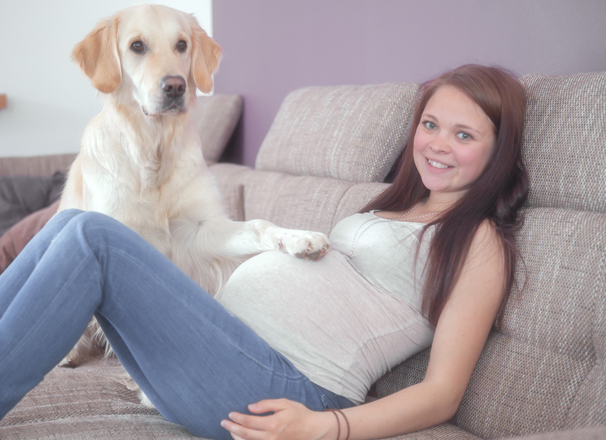Are you struggling as a young adult? Discover information and programs that will make "adulting" easier.
Maybe you’re already out on your own. Or maybe you had or have status with Alberta Children’s Services as someone who is—or used to be—in foster care, a group home, or a ward of the government.
When you turn 18, you may no longer have access to many of the programs and supports you’re using now. This is a good time to start planning your next steps and find out what other resources might be out there for you as a young, independent adult.
Government of Alberta Transition to Adulthood Program (TAP)
The TAP program is designed to extend social supports to help prepare young adults who were formerly in the care of Children’s Services to live independently, pursue education, and build their careers. Check out the video below to find out what additional supports you might be able to TAP into.
Transition to Adulthood Program (TAP) Video (1:11)
This video talks about the features of the Transition to Adulthood Program (TAP), which the government launched on April 4, 2022, to make it easier for youth in government care and young adults who were previously in care to successfully transition to adulthood.
Take care of the basics
Take control of your life by learning to manage your day-to-day needs effectively. This means figuring out what you’re going to need to start out, and what is required of you to get what you need. It’s likely going to take some time to get it together. This stuff doesn’t happen automatically for anyone. It takes effort—but it’s so worth it. You’ll see. You can do this!
Think about what you might want next for your life
You don’t have to figure out what to do with the rest of your life. That’s too much, and too far in the future. Life happens, and things change. But if you have an idea of what you want to happen for the next 5 years or so then you’re off to a good start. Working out a few goals is a great step into adulthood and career planning.
Get to know yourself
CAREERinsites can help you think about what you want out of life and work. The quizzes and exercises will help you figure out your:
These quizzes and exercises are a fun way to discover who you are. Sign up for a free account so you can save your results and store information about your career goals, education plan, and job search.
If you like tests and find them useful, try taking some personality tests to help guide your career.
Explore your options
Once you’ve come up with an idea of what kind of job you’d like to do, you’ll need to look into what kind of training you might need to do it.
You may have more options than you think
There may be additional resources available to help you finance your post-secondary education and to succeed as a student and as an adult. Check out the Alberta Government’s Advancing Futures program for details.
Imagine your next 5+ years
Will you still be in school? Will you have a child or a ticket for a skilled trade—or both? To start planning your career, think about what you want your future to look like. What are your dreams and what steps can you take to follow them?
Try doing this vision exercise. It only takes about 15 minutes, and it might help you bring your wants and dreams for the future into focus. That would be time well spent.
Talk to someone you trust
The future is a wide-open frontier. There are so many possibilities, and it can all start to feel a little overwhelming at times. Remember, you don’t have to do this alone.
At any age, the first step in making changes is finding someone to talk to about your plans, challenges, and hopes. Don’t be afraid to ask for help. Talk to someone you trust and respect. Preferably someone a little older. This could be a family member, caseworker, community program worker, Elder, teacher, or almost anyone else who has a bit more life experience and a broader perspective than you.
If you’re under 18 and you have a caseworker, use them as a resource. They can help guide you and provide a useful sounding board for your ideas. They can also make sure you’re accessing programs you might need before you reach the cut-off age of 18.
The Child and Youth Advocate is there to help you solve any problems with your child services status, past and present. They have resources to help support you as you age into adulthood. Reach out to your caseworker. If you don’t remember your caseworker’s name that’s OK.
Call:
- Toll-free: 1-800-661-3446
- Southern Alberta: 403-297-8435
- Northern Alberta: 780-422-6056
Make some decisions
Once you’ve set a few goals and explored who you are, you can decide if you want to explore education and training, look for work, or choose something else. Again, your caseworker, family member, Elder, or teacher can help you.
Information to help you transition
If you’re looking for specific services and resources, the following pages can help:













